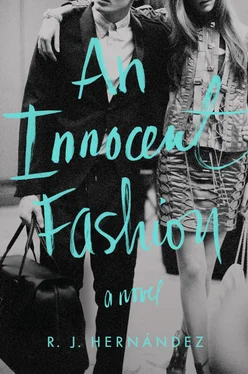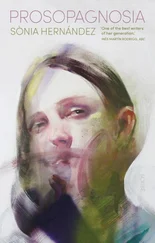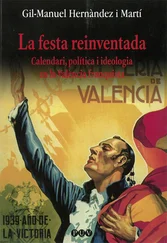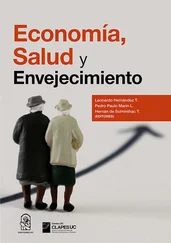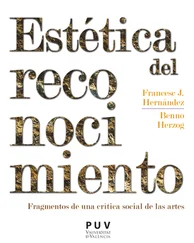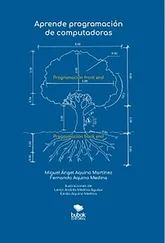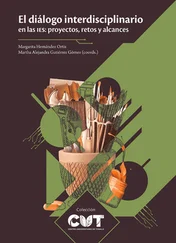At the end of the day, the sober, brown-leathered volume was still sitting there, and the most he had done with it was rest his elbow on the cover.
My first thought upon waking up the next morning was that I was late for class.
It was the familiar state of panic I’d experienced frequently throughout four years of undergraduate life; the same sputtering and aimless flailing, the same frantic attempts to free myself from a tangle of bedsheets. On those mornings I was greeted by intermittent flashes of assignments yet undone while I fumbled for an alarm clock that got perpetually misplaced at the crucial moment, and some memory of which class I was about to be late for.
Now I sat straight up and conked my head. Sooner than usual, everything came back into sharp focus — graduation and Régine , Madeline and Dorian, and how could I forget? the four-foot apartment that I lived in, with the tin ceiling whose duty it was to smash my dream-filled head into waking life.
A lot of people thought I was joking when I told them my New York “apartment” was only four feet tall, but with my negligible income as a part-time library assistant in the Yale Art History archives — depleted constantly by my acquisition of thrifted wardrobe pieces — I had been lucky to afford even that. It had all happened so fast too: graduation day had been on a Wednesday, my interview with Sabrina that Friday, my first day at Régine on the following Monday. With my practical sensibilities limited by a background of willful collegiate indulgence, I didn’t know the first thing about starting an adult life in New York, or anywhere. I didn’t know about rent, or bills, or groceries, or really a single matter related to the “real world,” a phrase which before that point had bothered me immensely for its supposition that life in college, with its room-and-board charges sent to the Latino Scholarship Fund, and free heat/water/Wi-Fi that never went out, and dining halls that promised a buffet any time between eight in the morning and nine in the evening, somehow wasn’t how “real” people lived.
Of course, I learned soon enough that if the agreed-upon conception of the “real world” necessitated hardship of any kind — desires unrealized, dreams deferred, both manifested in struggles of a practical nature — then for quite some time I had been living out a most unreal life.

THE FRUIT OF MY COLLEGE MEMORIES HARDLY CONTAINED A bitter seed, yet the sweetest moments I traced to Madeline. Once we transcended the stifling barrier of our own mutual fascination, we entered a relationship resembling the honeymoon phase of two newlywed twelve-year-olds — giggling and preening and finishing each other’s sentences, each one of us lavishing the other with a regular abundance of flowers and pet names. At the time, we perceived no sexual dimensions to our mutual attraction, because both of us assumed I must be gay. Even though I’d still never actually had sex, or even kissed anyone, the label had become an important part of my identity. It was a surprisingly convenient label, offering — despite its share of unfavorable prejudices — a crucial array of freedoms. I had learned early that to fit the conventional template of masculinity would require me to make unbearable compromises in life. That is, if I wished to live in the world as a “straight” person, I would have to relinquish my entire personality.
A “straight” man wasn’t really allowed to like fashion. He wasn’t allowed to be “pretty” or “sensitive,” or profess any appreciation for his natural femininity, and unless he was uncommonly confident, or surrounded by uncommonly open-minded people, he was doomed to be scrutinized for any flail that jeopardized his passage along a very narrow tightrope. However, if the same man told people he was gay , like I did, suddenly all those feminine qualities became okay, even desirable.
Of course, liking fashion or being “sensitive” actually had nothing to do with preferring one sex over another. None of the stereotypes really did, but I was too young to realize that, and if my intellect was supposedly advanced, in almost every other sense — especially sexually — I was a late bloomer. It wasn’t that I lacked a physical inclination toward sex; I had masturbated almost every day in high school, under the covers in a dreamy morning idyll, after being half-awakened by my own erection.
I had tried to watch porn too; “straight” porn at first. The first time I did it my parents had been asleep. It was the dead of night, and I was on the shared desktop computer in the living room, with my zipper undone and my hand hiding a bulge as I typed the search query s-e-x with the other. My heartbeat accelerated as, gaining confidence in the dark room, I deleted the letters and inserted p-o-r-n instead. I clicked on the first thing — something about “creampies”—my eyes widened, and my erection softened in my hands.
After that I tried again, and again, every time with similar wilting effects — based on which anyone would simply conclude that I was definitely gay, and would probably enjoy gay porn instead. But watching two men have sex didn’t change anything, as my interest was constantly undermined by the same essential issue— who were these people, and why should I care about them having sex? Without a personal context, the sight of a naked body aroused me as much as a Roman nude in a museum — actually less, because at least toward Adonis or Aphrodite I could imagine some kinship.
Of course, I didn’t know what this all meant — just that I must be gay, and therefore that my relationships with women, including Madeline, were naturally defined by platonic boundaries.
Lacking the insight to consider a more nuanced understanding of ourselves and our own attraction, Madeline and I faced little trouble assuming our logical roles — we were destined to be best friends, what else? — both of us unaware that the buds of attraction between human beings could blossom beyond the crudely fenced-in constructs of conventional categorization.
By October of our Fall-Winter semester as freshmen, we were content to enjoy the breadth of intimacy afforded to us by our conveniently sexless arrangement. We were in love, in our unique way, and although it glowed with a childlike aura, years of quiet disaffection for our respectively un-Romantic peers had given us each the maturity to perceive the rarity of our intense bond.
Inwardly, Madeline and I were like twins who had been separated at birth. The main difference, of course, was that Madeline had been raised over a grand piano by parents who attended benefits and wore expensive parfums , while I — well, I simply didn’t talk about my upbringing. It was regarding this subject alone that I withheld my true self from her, and the fault of Madama Butterfly that Madeline uncovered the reason.
In the early months of our friendship, Madeline heard the new season of the Metropolitan Opera in New York would include a modern adaptation of her favorite Italian tragedy. As opera was one of her greatest pleasures, and I had yet to see one, it was clear enough that we should go together; however, Madeline wanted us to buy orchestra seats, the most expensive, maintaining that I would never be able to relive my first opera, and “ you just won’t feel the music from a cheaper seat. ” I might have afforded a discount ticket on a balcony, behind some giant column, but never the seats which she insisted on, and neither could my dignity afford to tell her. “ I have an exam that week, ” I said. “ We’ll go the next ,” she said. “I get sick on trains.” “We’ll take the bus.” And so on, just a series of excuses, increasing in ridiculousness, until at last Madeline’s baffled face lit up with realization: “It’s not the money, is it?”
Читать дальше
